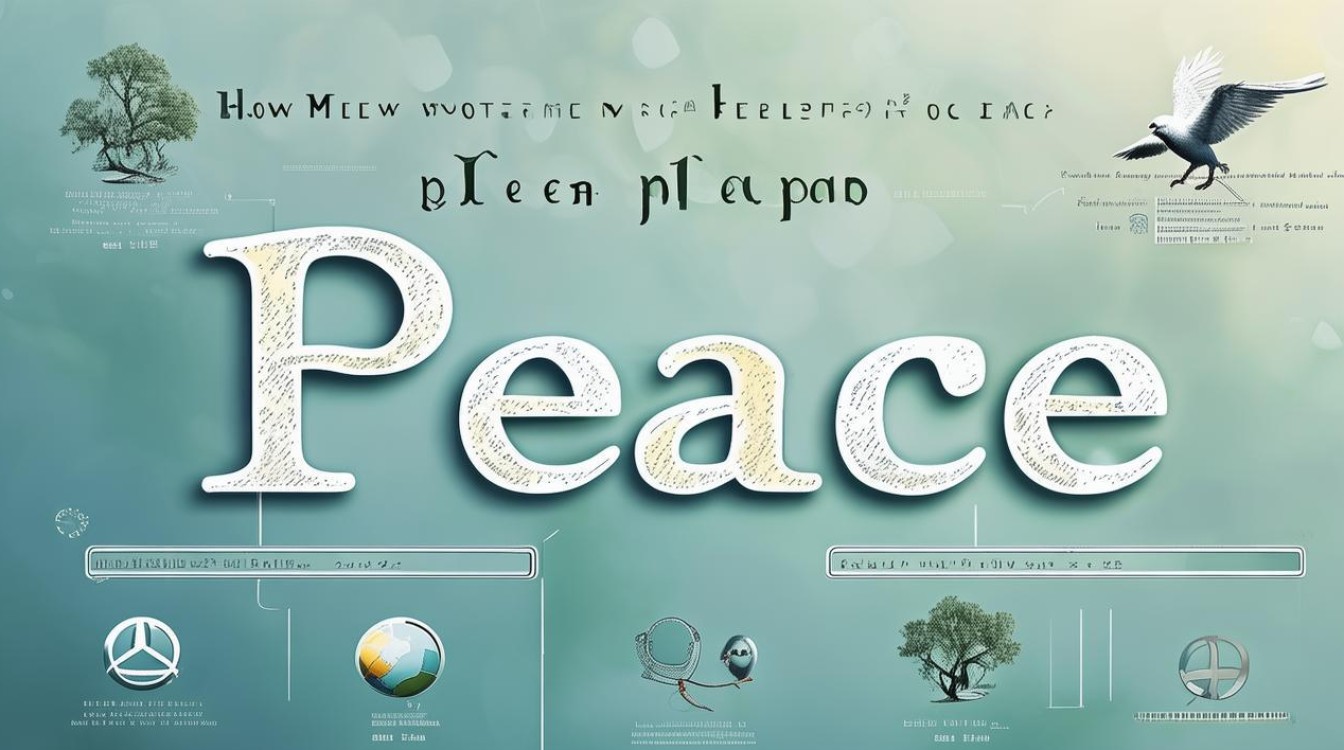In today's globalized world, language bridges cultures, and knowing how to express common words like "平安" in English is essential. Whether you're traveling, communicating with international friends, or simply expanding your vocabulary, understanding the nuances of translation matters.

The Direct Translation: "Ping An" vs. "Safe and Sound"
The most straightforward translation of "平安" is "Ping An." This transliteration is widely recognized, especially in contexts like "Ping An Insurance," a major Chinese company. However, "Ping An" alone may not fully convey the emotional or situational depth of the term.
For a more natural English equivalent, "safe and sound" is often used. This phrase captures the essence of "平安"—being unharmed and at peace. For example:
- "After the storm, everyone returned home safe and sound." (风暴过后,大家都平安回家了。)
Contextual Meanings of "平安" in English
"平安" can adapt to different scenarios, and English offers multiple ways to express it:
-
Safety (安全)
When referring to physical safety, "safety" is appropriate. For instance:"Wear a helmet for your safety." (为了你的平安,请戴上头盔。)

-
Peace (和平、安宁)
In spiritual or emotional contexts, "peace" fits well:"May you find peace in your heart." (愿你心中平安。)
-
Well-being (安康)
For general health and wellness, "well-being" is suitable:"We wish you good health and well-being." (祝你平安健康。)
Common Phrases with "平安" and Their English Versions
Here are some everyday expressions involving "平安" and how to say them in English:

- 一路平安 → "Have a safe trip." or "Safe travels."
- 平安夜 → "Christmas Eve" (Note: In English, "Christmas Eve" doesn’t carry the "peace" connotation directly, but it’s the standard term.)
- 平安符 → "Protective charm" or "Good luck charm."
Cultural Nuances in Translation
While "safe and sound" is a close match, cultural differences affect interpretation. In Chinese, "平安" often carries blessings or wishes, whereas English may use more direct phrasing. For example:
- Chinese: "祝你平安。"
- English: "Wishing you safety." or "Take care."
Practical Usage in Sentences
To master the word, let’s see how "平安" translates in real-life sentences:
-
"希望你平安到达。"
→ "I hope you arrive safely." -
"平安是福。"
→ "Safety is a blessing." or "Peace is happiness." -
"他平安无事。"
→ "He is unharmed." or "He’s fine."
Why Accurate Translation Matters
Choosing the right English equivalent ensures clarity and cultural sensitivity. Misusing "Ping An" in casual conversation might confuse non-Chinese speakers, while "safe and sound" resonates universally.
For language learners, practicing these variations helps in fluency. Try incorporating them into daily speech or writing to reinforce understanding.
Final Thoughts
Language is more than words—it’s about meaning and connection. Whether you use "Ping An," "safe and sound," or "peace," the goal is to convey care and goodwill. Next time you wish someone "平安," consider which English phrase best fits the situation.
By exploring these translations, you’ll communicate more effectively and appreciate the richness of both languages. Keep learning, and may your language journey be both enlightening and enjoyable.

